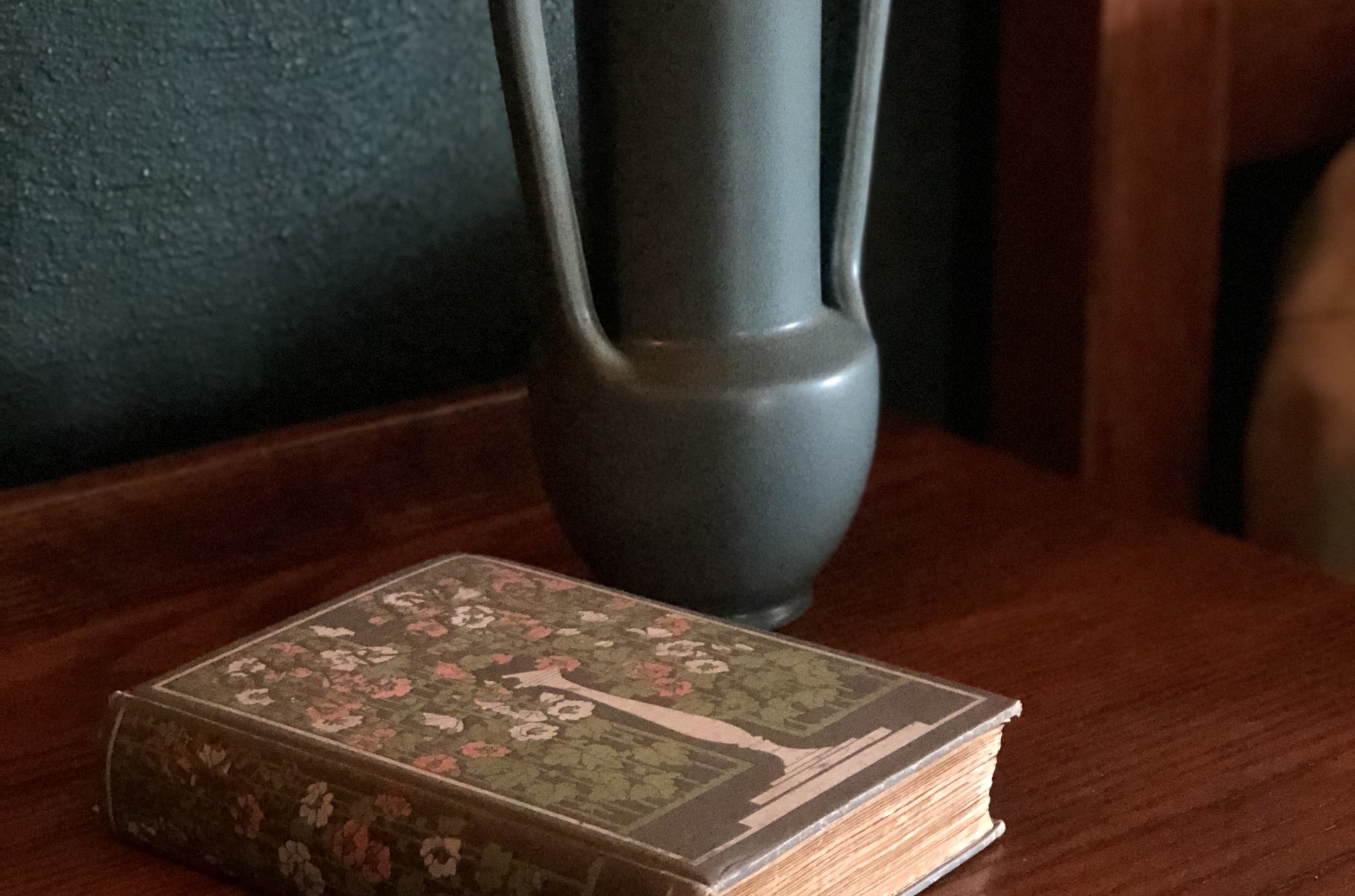the Author’s Atonement
Atonement by Ian McEwan- Part 1
What do you want to be when you grow up? I went through phases of wanting to be a princess, a dancer, and for some reason that I cannot to this day figure out, a news anchor. However, once I made the connection that someone was writing the books I loved so much, and that writing books was actually a career, I’ve wanted to be a writer. That desire has stayed with me over the years, and though I took a lot of dance classes along the way, I always dedicated most of my efforts to writing and reading. And just in case you’re wondering, no, I no longer have any desire to be a news anchor.
“The pages of a recently finished story seemed to vibrate in her hand with all the life they contained.” ”
Pin this to save this article for later!
My early days as a writer produced many works of varying forms and subjects, but all were committed to paper to further my journey as a writer. I entered school contests in Elementary and Middle School and widened my reach to local or national contests in High School. Honored to win a few contests, I felt certain that my desired vocation was the correct choice. Not all of my writings were award-winning. In fact, most are probably just the musings and fantasies of a young, inexperienced mind, but each project was meaningful to me, each the physical incarnation of the invisible intricacies that make us human: our thoughts, our desires, our emotions, our souls. Over the years, there have been so many poems, plays, and chapters from novels, anything I could possibly write whether it was a completed work or just a few fragments, so many stories that I committed to paper, and others that existed only in my mind, etched into memory by the mental retelling, a solitary recreation of the oral storytelling that’s embedded in the cultural history of the world.
But no major life decision is made without a few moments of hesitation. Throughout college and the after years, I questioned whether I was really meant to be a writer. Was I good enough? Was I writing about the right things? Would writing always be a dream and not a reality? Would anyone even care about what I wrote? No matter how much I questioned my path or how long I abstained from writing, I always came back. I always came back to honor the words that seemed to be written across my heart, somehow known to me before I even knew those words were there.
“At a time when she was cut off from everything she knew-family, home, friends-writing was the thread of continuity. It was what she had always done.” ”
At the beginning of Atonement, adolescent Briony Tallis struggles to produce the play she has penned in honor of her brother’s return. Briony likes order and planning; all chaos is the enemy. As her play unravels due to the cast’s lack of dedication, she doubts her talent as an author. But in her moment of frustration, she witnesses her sister, Cecilia, remove her outer layer of clothes to rescue a broken vase out of the fountain as Robbie stands and watches. Briony’s thirteen-year old mind is unable to understand the subtle adult nuances of the scandalous interaction. So Briony does what she does in response to everything else: she writes about it.
“…Briony had her first, weak intimation that for her now it could no longer be fairy-tale castles and princesses, but the strangeness of the here and now, of what passed between people, the ordinary people that she knew, and what power one could have over the other, and how easy it was to get everything wrong, completely wrong.” ”
Rory Reading Recommendations
If you liked this post or this book, here are suggestions on what to read next!










